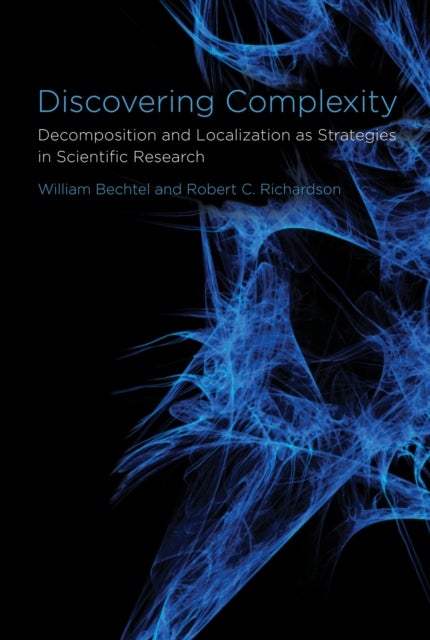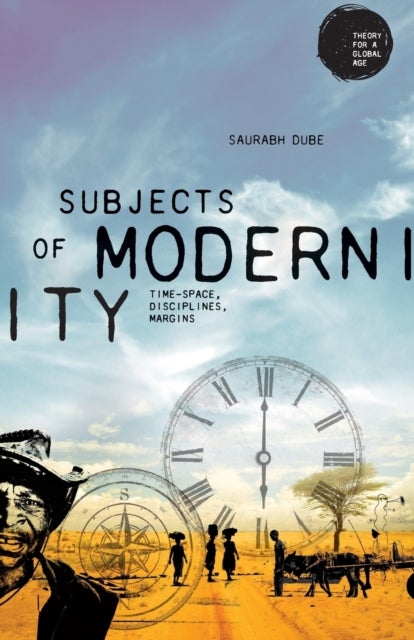
Discovering Complexity av William (Professor of Philosophy University of California San Diego) Bechtel, Robert C. (University of Cincinnati) Richardso
249,-
<b>An analysis of two heuristic strategies for the development of mechanistic models, illustrated with historical examples from the life sciences.</b><p>In <i>Discovering Complexity</i>, William Bechtel and Robert Richardson examine two heuristics that guided the development of mechanistic models in the life sciences: decomposition and localization. Drawing on historical cases from disciplines including cell biology, cognitive neuroscience, and genetics, they identify a number of "choice points" that life scientists confront in developing mechanistic explanations and show how different choices result in divergent explanatory models. Describing decomposition as the attempt to differentiate functional and structural components of a system and localization as the assignment of responsibility for specific functions to specific structures, Bechtel and Richardson examine the usefulness of these heuristics as well as their fallibility—the sometimes false assumption underlying them that








